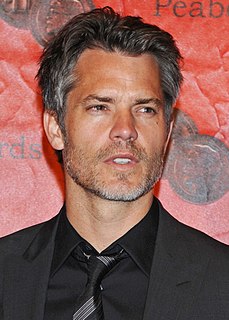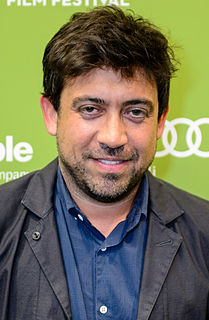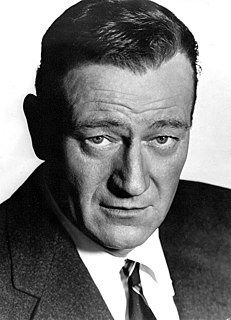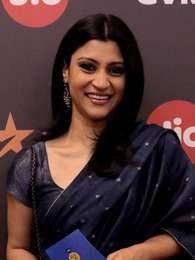A Quote by Elizabeth Taylor
A "name" no longer carries a film. People used to go to the cinema to see a "John Wayne film." And you don't have that thing happening now except in the rock world, which has taken the event out of movies.
Related Quotes
After my father had seen me in five or six things, he said, Son, your mother and I really enjoyed your recent film, and I must say that you're a lot like John Wayne. And I said, How so? And he said, Well, you're exactly the same in all your roles. Now, as a modern American actor, that's not what you want to hear. But for a guy who watched John Wayne movies and grew up in Iowa, it's a sterling compliment.
Even in Haiti, I saw John Wayne movies. American cinema has always been the dominant cinema throughout the world, and people tend to forget that. People aren't just seeing these films in California or Florida. They're seeing them in Haiti, in Congo, in France, in Italy and in Asia. That is the power of Hollywood.
What makes 'Hoop Dreams' such a powerful film, is that it carries a message that maybe we can do something about our problems in America, reflected in the resiliency and strength of those families that we portrayed. The film was where we really saw the characters that we care about, interwoven with a analysis that is trying to help the audience understand what is happening in these people's lives. And in what is happening, there is an understanding of the larger power relationships in the world.
Films are subjective - what you like, what you don't like. But the thing for me that is absolutely unifying is the idea that every time I go to the cinema and pay my money and sit down and watch a film go up on-screen, I want to feel that the people who made that film think it's the best movie in the world, that they poured everything into it and they really love it. Whether or not I agree with what they've done, I want that effort there - I want that sincerity. And when you don't feel it, that's the only time I feel like I'm wasting my time at the movies.
When you go into a movie and you're surprised by it - these days with brand recognition being such an important thing and essentially trailers, the way trailers have evolved encouraging people not to see the film unless they've already seen the film which is kind of the paradox of marketing these days anytime that you enjoy genuine sense of wonder and surprise in the movies it's priceless.
For me, as a film goer, I like nothing more than to sit in the cinema, have the lights go down and not know what I'm about to see or unfold on-screen. Every time we go to make a film, we do everything we can to try to systematise things so we're able to make the film in private, so that when it's finished it's up to the audience to make of it what they will.
You know, in an ideal world, people would just be intrigued and go and see a film without knowing anything about it, because that's where you're going to have the most experience of a film, the biggest, the most revelation of a film. But at the same time, I think there are benefits of having seen a trailer where you actually look forward to seeing moments in a film knowing that they're coming up. I don't know which is better.
You're not going to be able to look like anyone else, no matter how hard you try, unless you're a mimic, then you're not acting, you're just mimicking. You can't go on being John Wayne, that's John Wayne. So you're not going to steal from John Wayne. I'm not going to steal from John Wayne and you're not going to come back and say 'Didn't you get that from the circus?' You know. But he is one of those people who instructs me, whom I look up to - whom I think is one of the masters of his craft that I am so enamoured of.
I can't do the same movies all my life. I'm conscious of that. But it's a trade-off. 'Dear John' allowed me to do movies I've wanted to do. You learn to balance it out. I'm still learning. Only now am I getting to do the kinds of movies that I have wanted to do. So it's a steady climb. You don't jump into a Soderbergh film.



































